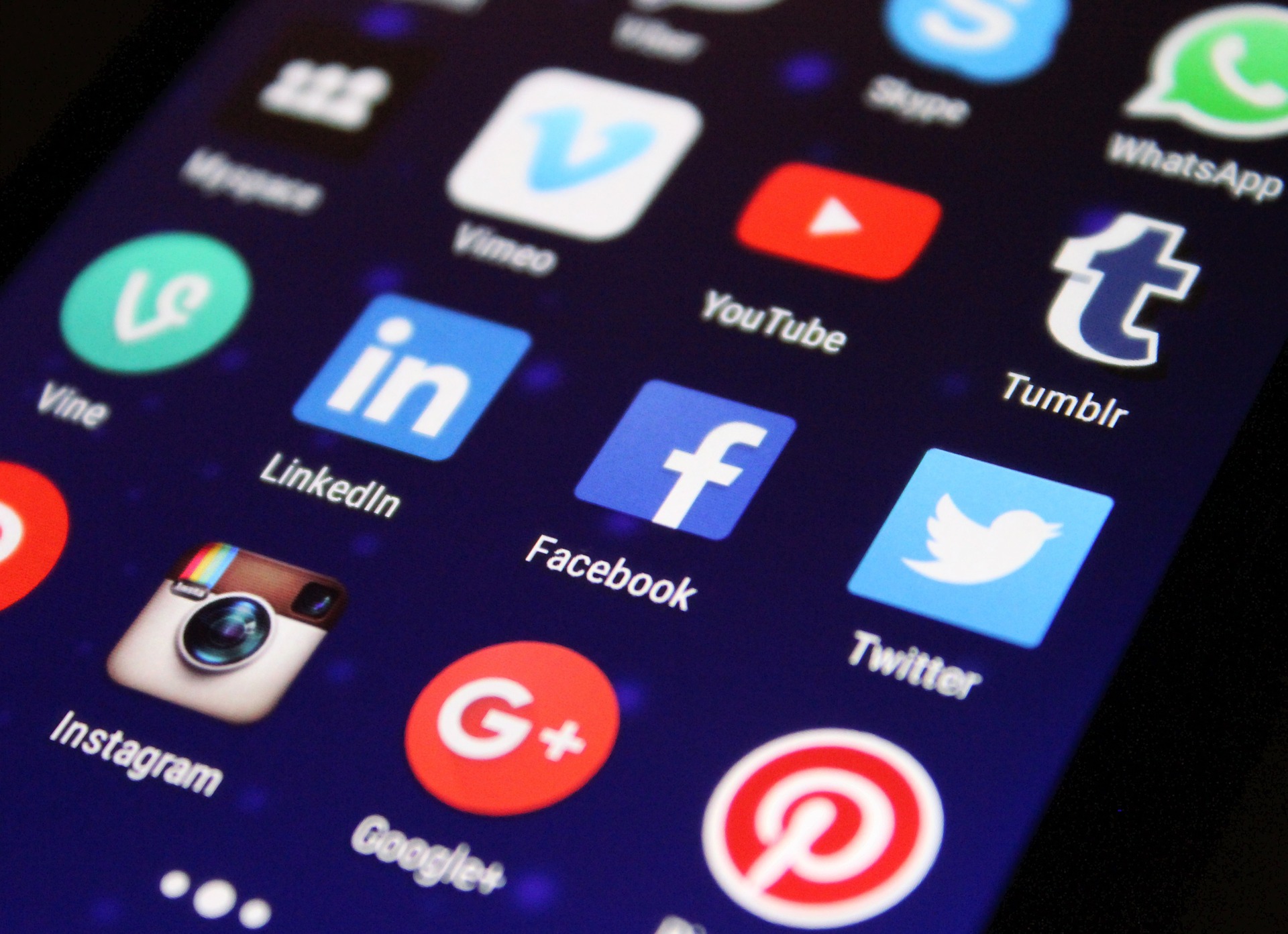
It’s time we see our so-called brands for what they are: vital data and profits for social media giants. To cut off this source of data we need a radical policy programme that privileges worker security and wellbeing.
If there’s one word that sends a shudder through millennials like no other it’s employability. From our first breaths we are primed and preened for our entrance into the workforce. High school modules help students ‘boost’ their CVs, while employability fares prepare freshers for a university education increasingly designed around enhancing ‘graduate prospects’. And after all this, if you don’t find a decent job, which is increasingly likely in an age of casual contracts and serious underemployment, then expect to be further drilled in the virtues of hard graft as you endure Universal Credit.
Unsurprisingly, many of these schemes focus on building your ‘brand’ on social media – the digital platforms on which our lives become extensions of our employability. Already groomed by the education system and labour market to imagine our lives this way, these platforms offer seemingly objective measures of our ‘brand equity’ in the form of likes, retweets, friends and followers. It’s no wonder that many of us are lured back to Twitter at 11pm to craft a droll tweet in the hope of gaining a couple of new followers.
But far from giving us reassurance, this online activity instead perpetuates uncertainty, blurring the boundary between work and leisure and taking up time once occupied by family, friends and fun. Meanwhile, of course, social media platforms are recording our fretful attempts to build a brand as personal data, which they then use to turn us into targets for advertisers. Each witty tweet, glossy holiday snap or video post, helps the platform to define us as a target and curate our experience accordingly.
Activist and writer Richard Seymour dubs this model the “social industry”, but it’s an employability industry too. So much of our activity on these platforms is driven by a sense that we must make ourselves attractive to prospective employers. And no wonder, recruiters not only evaluate potential candidate’s profiles, but actively headhunt employees who carry that most precious of qualities: a large network of ‘quality’ followers.
With that said, self-branding is equally alluring to low-skill workers. Where zero contract hours are the norm and over 9 per cent of the adult population work on flexible labour platforms, a popular self-brand can provide much needed certainty and hope.
And it’s this insecurity – and our impulse to secure a more certain future – that platform owners translate into the addictive behaviour that generates their profits. Mark Zuckerberg claims that Facebook users are not really interested in connecting with family and friends, but in “building an image and identity for themselves, which in a sense is their brand.” Much like other social media owners, Zuckerberg recognises that employability is a compulsion you can’t satisfy, an itch you can’t quite scratch. You can never be employable enough. There is always more work to do on your brand. And because of this, we are repeatedly drawn back to the platforms.
Zuckerberg reportedly once referred to those who readily give up their data as “dumb fucks”, a sentiment found across much media coverage of platform users, albeit in less audacious terms. But if we’re to believe that users simply hand over their data with naïve willingness then we would also have to see employability as a choice as opposed to the coercive cultural practise it actually is. An increasingly irrational labour market, not stupidity, is what drives us to build our ‘brand’ and create data in the process.
And social media platforms undoubtedly play a crucial role in generating and perpetuating these irrationalities. As of April 2018, Facebook had over $44bn hoarded in cash, twice as much as the year before – nearly all of which remains in tax havens, a development concurrent with quantitative easing, the post-2008 policy that aimed to stimulate the world economy by flooding it with money. Add to this Alphabet’s (Google) $102.9 billion and you can start to imagine where that $12tn has gone – certainly not into productive industry. As well as impeding the investment required for the creation of new jobs, these platforms are using their extraordinary data capacities to rapidly accelerate AI-based automation, a technology set to make many existent jobs disappear.
These platforms are creating a vicious cycle, whereby they perpetuate the unstable economic conditions that compel people to incessantly work on their brands and create valuable data. This data allows companies to further develop the technology that automates jobs, causes insecurity and therefore pushes people back onto the platforms as they frantically seek to make themselves more employable.
How do we break the cycle? The answer may be simpler and easier than solutions that seek to tax companies so light-footed they appear to drift above any jurisdiction. A radical policy programme, including a Universal Basic Income, a shorter working week, and an extension of worker’s rights would give us all greater economic security and improve our wellbeing, immediately reducing the need to constantly work on our employability and thus cutting off a significant source of data for platforms. Though arguably within reach in a UK context, this policy programme would need to go global to truly dent their profits.
But this should give us hope. The power of social media companies relies on an economy that causes increasing levels of insecurity and despair. We all too often worry that this power represents an invincible behemoth, but we may find a policy programme that privileges security and wellbeing goes some way toward slaying the beast.
Phil Jones is a research affiliate at Autonomy and a phD researcher at the University of Sussex. He is currently writing a book about tasking and crowdwork.